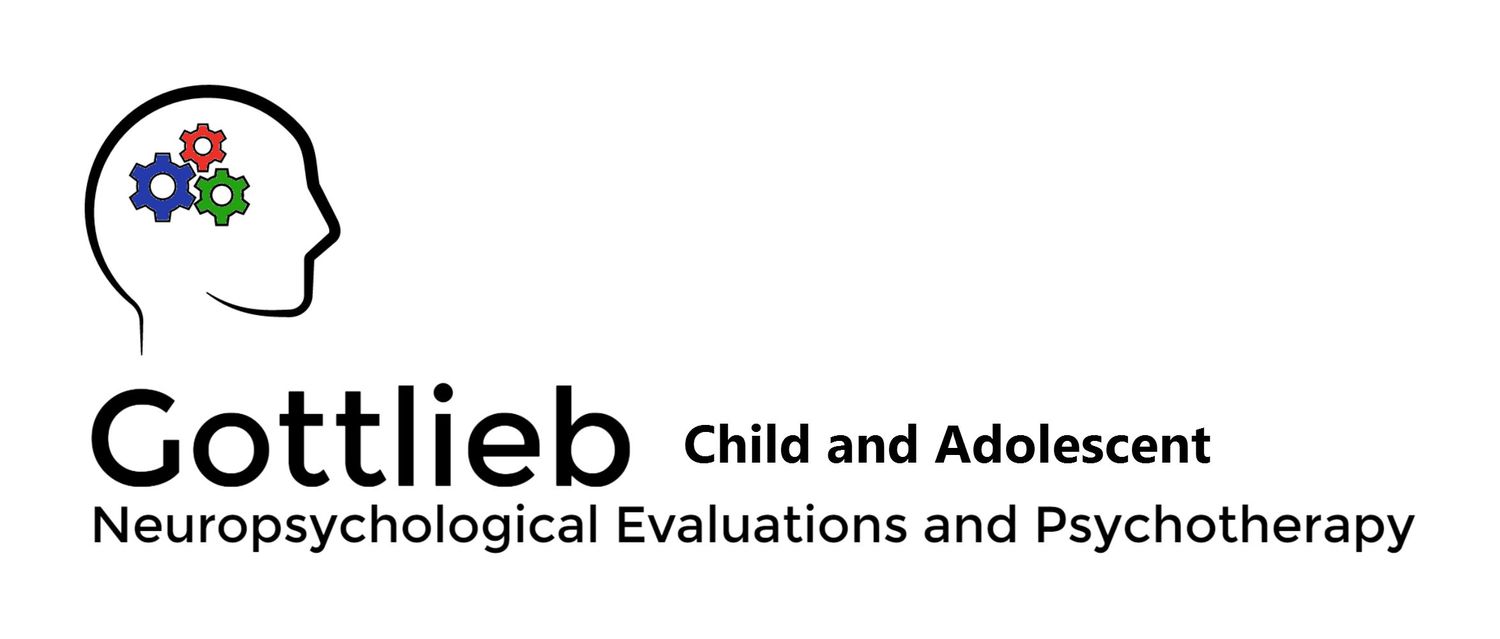The Importance of Building a Strong Relationship with Your Child’s Teacher
/We are at least two months into the school year, and you probably recently attended or are about to attend fall parent-teacher conferences. You may have heard wonderful observations about your child and/or you may have learned that he or she needs additional support. Maybe you are considering testing for attention issues or a learning disability to provide insight into your child’s strengths and challenges. Your child’s teacher is still fairly new to you, and you may be wondering how to navigate your relationship with him or her, especially if your child is struggling in class. Keep in mind, it is imperative that you create a partnership with your child’s teacher (and possibly support staff at school), especially when there are difficulties in the academic setting.
The success of a student with attention and learning challenges, or other special needs, often depends on an open and trusting relationship between his or her parents and teachers. The start of a new school year provides a great opportunity to build a productive and cooperative relationship. With this in mind, here are some topics you may want to discuss to help the teacher get to know your child in a more comprehensive light.
Start by sharing your child’s strengths. What are some of his or her talents, interests and hobbies? This may seem counterintuitive if you are used to focusing only on challenges. However, understanding a child’s strengths can provide direction for intervention, while also broadening the teacher’s perspective on your child. If sustained attention is a concern, taking a strengths-based approach can help grab your child’s interest and keep him or her more engaged in the classroom setting. Furthermore, focusing on strengths can increase self-esteem and improve self-efficacy, the feeling that one is capable of completing a task or reaching a goal.
Talk about your child’s personality. Is he or she shy or typically outgoing? Is he or she hesitant about change or eager to try something new? Some children present differently in various settings, and listening to your child’s teacher about how your child presents in class may shed light on his or her worries or academic self-confidence.
Share any concerns you may have about the new school year. What areas are the most difficult for your child? Are there teaching methods or settings that have worked well for your child in the past? Are there any past issues that may impact the current school year?
Strategize Successfully
Now that everyone has been acquainted with each other, the next step is to strategize and brainstorm with your child’s primary general education teacher, any special education teachers, school counselor, and anyone else who will be part of his or her school team. Be sure to discuss any past strategies that have worked well for your child.
Communication is key!
Set up clear lines of communication with everyone involved. Communication can get complicated when there are multiple parties, and being proactive can save you and your child’s teacher from frustration down the road. Communication strategies might include daily behavioral check-lists, weekly progress reports, a homework review system, and methods of sharing notes and feedback. While it is helpful to get frequent feedback, remember the teacher has an entire classroom of children to manage. Develop plans that are realistic, informative, and sustainable.
Collaborate, Collaborate, Collaborate
Let your child’s teacher know from the start that you want to be on the same team with both the school staff and your child. Share about how you have been working with your child at home, as well as any additional support that your child may be receiving. This is a great time to connect your teacher with various other professionals who may be in your child’s life (e.g., a psychologist, tutor, or speech therapist). If you can, volunteer in your child’s classroom or chaperone a field trip. Volunteering in the classroom provides a glimpse into your child’s school experience and also helps build a positive relationship with the teacher and school. Don’t forget to thank him or her for all he or she does to provide support for your child. By working together, you, your child’s teacher, and additional school staff can join forces to support your child’s development.
Shira Gottlieb, Psy.D., Licensed Clinical Psychologist
Dr. Gottlieb is a licensed clinical psychologist. She received her B.A. in psychology, with a minor in neurobiology, from Harvard University, and her Psy.D. from the George Washington University. Dr. Gottlieb works with children and adolescents, and their families, to provide comprehensive neuropsychological and psychoeducational assessments to better understand the individual child or adolescent’s attention capacities, learning profile, emotional functioning, and behavioral presentation. For more information on Dr. Gottlieb, please visit her website at http://www.gottliebchildpsych.com/


